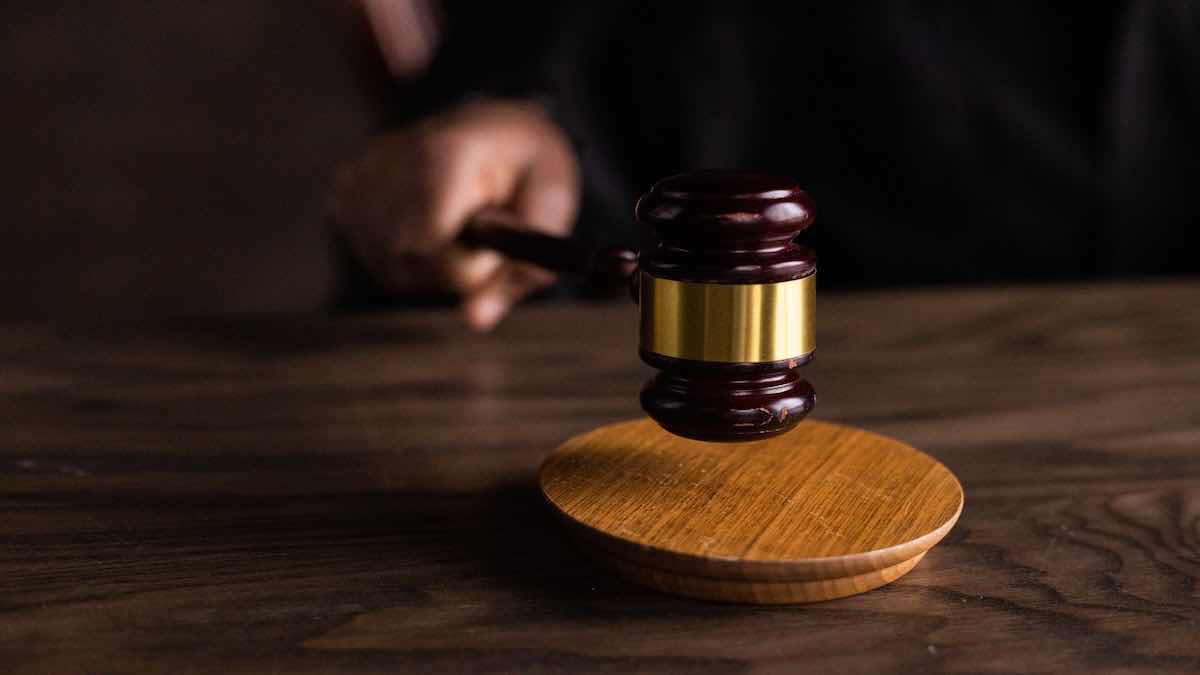In recent developments from Delhi, the judicial custody of Chief Minister Arvind Kejriwal, alongside other prominent political figures, has been extended by a Delhi court amid ongoing investigations into the alleged excise scam. Special Judge Kaveri Baweja ruled on Thursday to extend the custody of Kejriwal, former Deputy Chief Minister Manish Sisodia, and Bharat Rashtra Samithi leader K Kavitha, among others involved in the case.
Arvind Kejriwal’s custody has been extended in two separate cases. In the money laundering case, which is being investigated by the Enforcement Directorate (ED), his judicial custody is set to continue until July 31. Additionally, in the corruption case led by the Central Bureau of Investigation (CBI), his custody has been extended until August 8.
Manish Sisodia and K Kavitha, along with other accused, will also remain in judicial custody until July 31 for the money laundering case. The proceedings for all the accused were conducted via video conference, highlighting the continued reliance on digital means amidst the ongoing judicial processes.
The charges against these political leaders stem from alleged irregularities and corruption in the management of the excise policy. Both the ED and CBI are investigating different aspects of these allegations, with the ED focusing on the financial transactions suspected of laundering money derived from the scam, and the CBI examining the procedural and administrative breaches.
Although the Supreme Court had previously granted Arvind Kejriwal interim bail in the ED case, he remains in Tihar Jail due to not having furnished the required bail bond for his release. This indicates ongoing legal hurdles and the complexity of the cases he is involved in.
Also Read
These legal developments have stirred significant public interest and debate, given the high-profile nature of the accused and the potential implications on political careers and governance. The continued judicial custody of these leaders not only affects their personal liberty and political engagement but also casts a long shadow on the functioning and image of their respective political parties.




